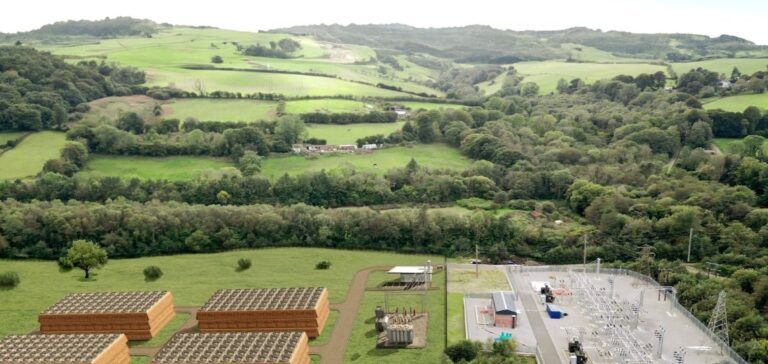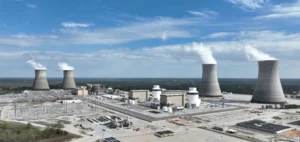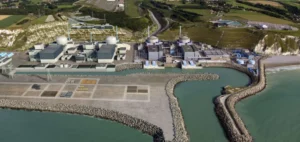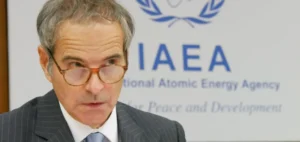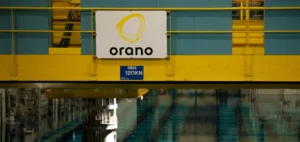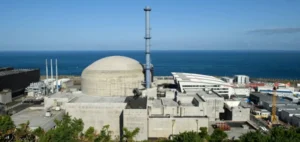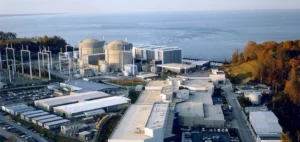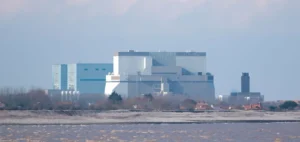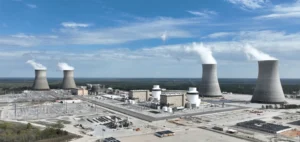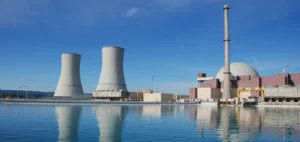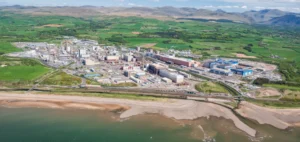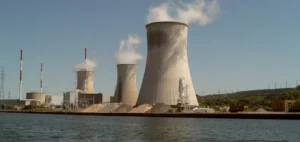Last Energy, a company specialising in the development of microreactors, has officially begun the licensing process for its project in the UK. The company has submitted its application to the Office for Nuclear Regulation (ONR) to install four 20 MWe reactors on the decommissioned Llynfi coal-fired power station site in Bridgend County, South Wales.
This project, named “Prosiect Egni Glan Llynfi,” represents a first for the UK, as it is the first nuclear reactor site to enter the licensing process since the Torness Advanced Gas Cooled Reactor in 1978. Unlike previous nuclear deployments, which have all been located on existing or former nuclear sites, this project marks a significant shift for the country, particularly due to Last Energy’s private initiative.
An ONR spokesperson stated that the licensing process is essential to ensure applicants meet safety and public protection standards. Since May 2024, Last Energy has participated in the ONR’s pre-regulatory engagement framework to better understand regulatory expectations. The ONR will provide guidance before the final application submission to ensure legal and regulatory obligations are met.
Michael Jenner, CEO of Last Energy UK, expressed his satisfaction with this key step, highlighting that obtaining the site licence is a critical milestone in enabling large-scale nuclear energy deployment in the UK to meet growing energy demands and resolve grid constraints. He also praised the regulator’s flexibility, which allowed the process to move more quickly.
Modular and Private Project
Last Energy’s technology is based on a 20 MWe pressurised water reactor that can be assembled in modules at factories, then transported and erected on-site. This approach would enable the company to build reactors more quickly than traditional nuclear projects, which are often delayed due to long development timelines, particularly related to upgrades to electrical grid infrastructure. Last Energy’s business model revolves around privately owned reactors, where the company directly operates the plants on the customer’s site, bypassing the long timelines of grid upgrade requirements.
The Llynfi site, a 120 MW coal plant that ceased operations in 1977, provides an ideal base for Last Energy’s development. The company took control of the site in October 2024 and recently received $103.7 million in financing from the U.S. Export-Import Bank to support the project. Additionally, Last Energy has accepted an electricity grid connection offer from National Grid Electricity Distribution for 22 MW of export capacity.
Significant Private Investment
The total cost of the project is estimated at £300 million (approximately $393 million), with no public funding required. Contracts with local suppliers are expected to total over £30 million, and more than 100 full-time jobs will be created on-site. Last Energy aims to deliver its first microreactor by 2027, pending the necessary licensing, permitting, and planning processes.
Prospects for Nuclear Energy in the UK
Last Energy’s project reflects a growing trend towards small modular reactors (SMRs) in nuclear energy initiatives. While large nuclear plants have faced regulatory challenges and high development costs, SMRs, which are more compact and quicker to build, are increasingly seen as a viable solution to meet growing energy needs while reducing time-to-market.
The UK government, while seeking to enhance its energy security, is actively supporting such initiatives, particularly focusing on accelerating private projects like Last Energy’s. While regulatory challenges and initial costs remain, approval for such projects could pave the way for a new era in nuclear energy in the UK.
Solutions for Private Industrial Clients
Last Energy’s business model is based on a key aspect: providing nuclear energy to private industrial clients. By bypassing constraints linked to national electrical grids, the company offers a flexible and rapidly deployable solution. If successful, this model could be replicated at other industrial sites, offering an attractive alternative to renewable energy sources and fossil fuels for energy-intensive businesses.


